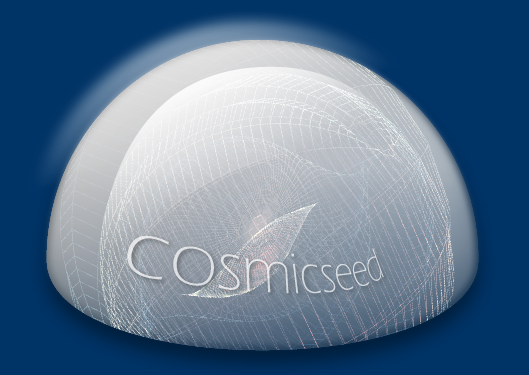16 Aug 2022, 13:50 UTC • By: Daniel Patrascu
Panspermia is the theory that claims life here on Earth originated out there in space. Its supporters flaunt several ways life could have been brought to our planet, from an alien race knowingly seeding it, to it accidentally getting here by means of an asteroid. And it’s this latter theory that seems to have been proven by Japanese scientists.
Back in June 2022, Japanese space agency JAXA said it found traces of organic matter associated with the origin of life on the asteroid. More to the point, it found Ryugu “may have originated from a comet nucleus that contained amino acids needed for life on Earth.” And that announcement is backed this week by confirmation that the asteroid did originate in the outer Solar System, making the samples we have extremely important.
Especially given how we’re told the research “suggest that coarse-grained phyllosilicates may have served as cradles for organics and water, which may subsequently have been transported to the early Earth.”
There’s an entire, brand new paper on the most recent Ryugu samples, and you can study it in detail here. If you like to skip to the ending, though, here is the bottom line: Ryugu has elements that originated in the outer Solar System, including water and organics.

